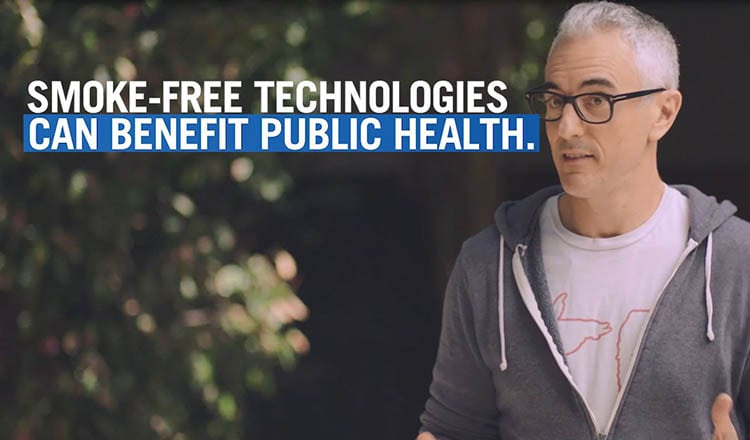PMI’s latest international survey has revealed a strong public desire to be included in policy decisions designed to address the major challenges we face.
Conducted by independent research firm Povaddo, the findings show more than eight in ten adults surveyed worldwide believe the best solutions to critical global challenges can be found in the middle ground, not at the extremes of polarized opinion.
Despite increasingly divided societies across the world, the survey of 44,622 adults in 22 countries exposed a strong consensus that finding the middle ground on contentious issues can drive incremental policy change and, in turn, enable progress:
- 90 percent of respondents believe that to solve the most pressing societal challenges, leaders need to consider all perspectives—even those that run counter to their own.
- 88 percent said they would be more likely to vote for leaders who listen to all sides of an issue and adopt sensible approaches that better the lives of ordinary people.
Less than a third of adults surveyed (31 percent) believe their views are reflected in the way their governments are addressing critical issues.
Additionally, the survey found that people are willing to compromise to make progress happen faster. For example, more than three-quarters of respondents believed leaders should pursue policy changes that allow for incremental progress on societal issues, rather than holding out for sweeping changes that are harder to implement.
The people surveyed were also clear they want companies and business leaders to help lead society forward:
- 85 percent of respondents believe that citizens and companies working together will have a more meaningful impact.
- 77 percent welcome corporate involvement in addressing major issues.
Change of approach needed to drive meaningful progress
This sweeping support for a balanced approach also applies to tobacco regulation, with respondents calling for conversations that include all voices and encourage incremental progress on harm reduction.
Key findings from the survey include:
- 77 percent agree that the too-often-ignored perspectives of those most directly impacted need to be included in regulatory discussions.
- 75 percent agree that societal expectations of total abstinence from harmful substances such as nicotine and alcohol are not feasible, and so the government should take steps to reduce the harm of these products.
- 72 percent agree that their governments need to consider the role alternative products can play in making their countries smoke-free.
Gregoire Verdeaux, PMI’s Senior Vice President, External Affairs, believes embracing the views of all is central to driving progress and delivering a better future.
“If we are to address the challenges we face as a society in a meaningful and expeditious way, a more balanced and inclusive approach is required,” he said.
“This includes policy decisions that consider first and foremost the people who are most impacted—ensuring their voices are heard and their needs are met—and then bringing all relevant parties to the table, including subject matter experts, private companies, civil society leaders, and others who can contribute to solving the issues at hand.”
A sensible approach toward smoke-free alternatives
The best choice any smoker can make is to quit tobacco and nicotine altogether.
However, many don’t. And all too often, these adult smokers are being denied access to and accurate information about better alternatives which, although not risk-free, are a better choice than continued smoking.
Adult smokers deserve such alternatives, and they are seeking them.
“In countries across the world, citizens are tired of policymaking logjams and eager for constructive change,” said Verdeaux.
“In the area of tobacco harm reduction, PMI has long advocated for a sensible approach that prioritizes the interests of current adult smokers and public health.
“By having balanced and inclusive discussions about the science behind better alternatives and adopting a more people-centric approach, we can accelerate the end of cigarettes.
“More than a billion people continue to smoke. We must—and can—do better, and that starts with open, fact-based dialogue.”
Survey Methodology
Povaddo conducted the online survey on behalf of PMI between February 5 and 23, 2022. The survey was fielded among 44,662+ general population adults aged 21 and older in 22 countries: Argentina, Brazil, Bulgaria, Colombia, Costa Rica, the Czech Republic, Dominican Republic, France, Germany, Greece, Italy, Japan, Malaysia, Mexico, the Philippines, Portugal, Serbia, South Africa, South Korea, Spain, the United Kingdom, and the United States. Around 2,000 interviews were conducted in each country (approximately equally split between adults who do and do not use nicotine-containing products). The data are weighted to be representative of the online population in each country on the following variables: age, gender, region, and nicotine use. The results are accurate to a margin of error of ±1 percent.









